Does homeowners insurance cover you when hosting a party?



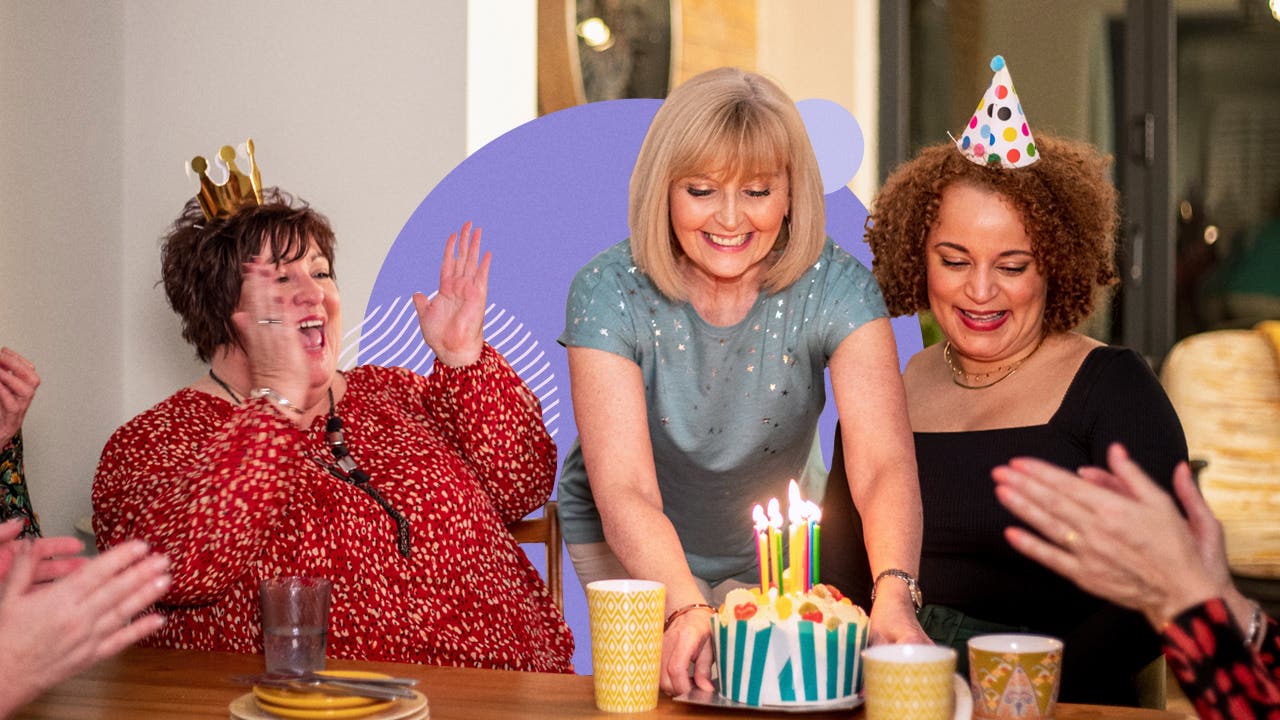
Key takeaways
- Homeowners may need to purchase event liability insurance to provide additional coverage for private parties.
- Host liquor liability insurance can provide extra coverage for a party host if alcohol is served.
- Many states have social host liability laws, which can make the host liable for the actions of guests who have been drinking.
- Hosting an event responsibly can help mitigate damage and potential liability risks.
A cause to celebrate is always a good thing, whether it’s a holiday get-together, a birthday bash or just a weekend gathering with friends. But if you’re the host, there’s more to think about than the guest list and the playlist. From unexpected accidents to a guest having a little too much fun, the reality is you’re responsible for what happens on your property. And while homeowners insurance covers a lot, it doesn’t always cover everything that could go wrong during a lively event.
Understanding insurance for events is key to financially protecting yourself from potential mishaps. Bankrate’s team of insurance experts is here to explain the ins and outs.
Do homeowners need special insurance for events?
Depending on the type of home insurance policy you have, you may not have adequate coverage for a private party. That’s where event liability insurance comes in — it can help fill in coverage gaps for better financial protection. Let’s a take a look at some instances where purchasing liability insurance for an event may come in handy.
Coverage for misbehaving guests
Most standard home insurance policies include some coverage for legal liability, which is designed to financially protect the insured if someone is injured on the property and the host is found at fault, or if the host is at fault for damage to someone else’s property. However, the standard coverage included in a home insurance policy may not be sufficient. Special event insurance can provide a higher coverage limit for personal liability. Note that hosts planning to serve alcohol may want to consider liquor liability or host liquor liability insurance, as most event insurance does not specifically cover incidents directly related to alcohol served at the party.
Coverage for the venue
Many professional venues carry event insurance to cover the premises and property, and private party hosts might find similar event liability coverage useful. Most home insurance policies provide some coverage for the property where the party is being hosted, but looking into additional event liability insurance could be worthwhile. If your event isn’t at your home, some venues may require you to show proof of liability coverage up to a certain amount before they will agree to rent you the space.
Coverage in the event of cancellation
Special event insurance often covers associated costs if an event unexpectedly needs to be canceled. Typically, the type of events covered include birthday and anniversary parties, baby showers and other personal events. Events open to the public or bachelor and bachelorette parties are usually not covered.
Coverage when serving alcoholic beverages
Hosting a party can be a joyful event, but when alcohol is involved, the stakes rise. In 43 states, social host liability laws mean that if a guest you served alcohol to causes harm to someone else, you could be held responsible. These laws — sometimes known as “Dram Shop Liability” — can lead to hefty legal consequences, especially if the guest’s actions cause injury or property damage, whether on your property or once they’ve left.
Homeowners insurance may offer some financial protection, but coverage limits are typically capped between $100,000 to $300,000 — sometimes falling short of what’s needed. This is where events insurance specifically geared toward social host liability can provide peace of mind. Here are some additional options to consider:
- Social host liquor liability insurance: This short-term coverage offers extra financial protection for hosts serving alcohol, covering incidents of bodily injury or property damage related to alcohol consumption at your event.
- Umbrella insurance: Adding an umbrella policy can provide an additional $1 million or more in liability coverage beyond your homeowner’s policy, potentially for less than $300 per year.
To reduce risks, consider hiring a professional bartender who can help monitor guests’ consumption, offer non-alcoholic drink options and stop serving alcohol toward the end of the night. A good host is a responsible host. Adding the right events insurance means your celebration can stay memorable for all the right reasons.
Potential insurance risks when hosting a party
Many event-related risks can be mitigated before anything happens. Here are a few potential issues to keep in mind when planning an event.
Injuries
Injuries are more common when many guests are packed into a small space and when alcohol is involved. Most standard home insurance policies come with medical payments coverage, which helps pay for injuries regardless of fault, and liability coverage, which helps pay for injuries and legal fees when you are found at fault for a guest’s injuries. If you are hosting a big party, talk to your insurance agent about your coverage limits. You may want to increase them or purchase an umbrella policy for added financial protection.
Underage drinking
Even when alcohol is carefully monitored, underage party-goers might try to sneak a drink, opening the host to the risk of being held liable. Talk to the guests at your party to ensure everyone is aware not to serve alcohol to any underage guests. You’ll also want to ensure any open containers are kept in areas that aren’t easily accessible to children. You could face substantial fines and even criminal charges for serving alcohol to minors at a private function in your home.
Drinking and driving
When hosting, the last thing anyone wants is for a fun night to turn into a dangerous situation. Yet, due to social host liability laws, you could be deemed responsible if a guest drinks at your party and causes harm while driving. This isn’t just about being a gracious host, it’s about taking proactive steps to keep your friends and loved ones safe. Consider collecting keys from guests who plan to drink, and have a strategy in place, like identifying designated drivers or arranging rides for those under the influence. Taking these precautions not only protects your guests but also shields you from potential legal and financial fallout.
Property damage
A lively gathering at home can sometimes result in accidental damage — anything from a broken window to spilled wine on a cherished rug. While homeowners insurance can cover property damage, it usually requires paying a deductible and only covers damage caused by specific situations. Before hosting, experts recommend reviewing your policy details so you’re clear on what’s covered. For high-value items, consider moving them to a secure spot, and let guests know if there are areas of the house where you’d like them to be extra mindful.
How to be a responsible party host
Parties should be all about good vibes. A little bit of planning can go a long way toward preventing mishaps that turn memorable nights into memorable nightmares. Here are some tips to keep things festive without fuss:
- Offer food and non-alcoholic drinks. Eating food can help to offset the effects of alcohol. Additionally, offering tasty alcohol-free drinks gives people another option to enjoy while reducing the risk of alcohol-related incidents or damage.
- Use a professional bartender. Hiring a professional bartender might help offset the personal liability involved with serving drinks at a party. Professional event bartenders typically carry liability insurance, but you can always ask to see proof of insurance to be sure.
- Serve alcohol from a single source. Even if a professional bartender is not used, alcohol flow can be more easily monitored if it’s only available in one place during an event.
- Encourage ridesharing and designated drivers. If a guest has been drinking, guide them away from driving. Instead, offering ridesharing services or having a designated driver on hand can help guests get home safely. Consider collecting car keys as guests arrive so that it’s easier to ensure everyone’s safety at the end of the party.
- Stop serving alcohol at a certain time. Once it gets late, you can use other drinks to substitute for alcoholic ones to help curb intoxicated driving.
- Offer a place to stay. If it’s obvious that a guest shouldn’t drive when the party ends, offer them a spare room or couch. Reserving a few spots in the house for guests who may become inebriated could be the safest approach. Air beds are also an easy and inexpensive solution.
- Act as a responsible host. Party guests typically follow the host’s lead, so act responsibly and avoid drinking too much. It will also be easier to respond to emergencies or issues with a clear head.
Frequently asked questions
Why we ask for feedback Your feedback helps us improve our content and services. It takes less than a minute to complete.
Your responses are anonymous and will only be used for improving our website.
You may also like
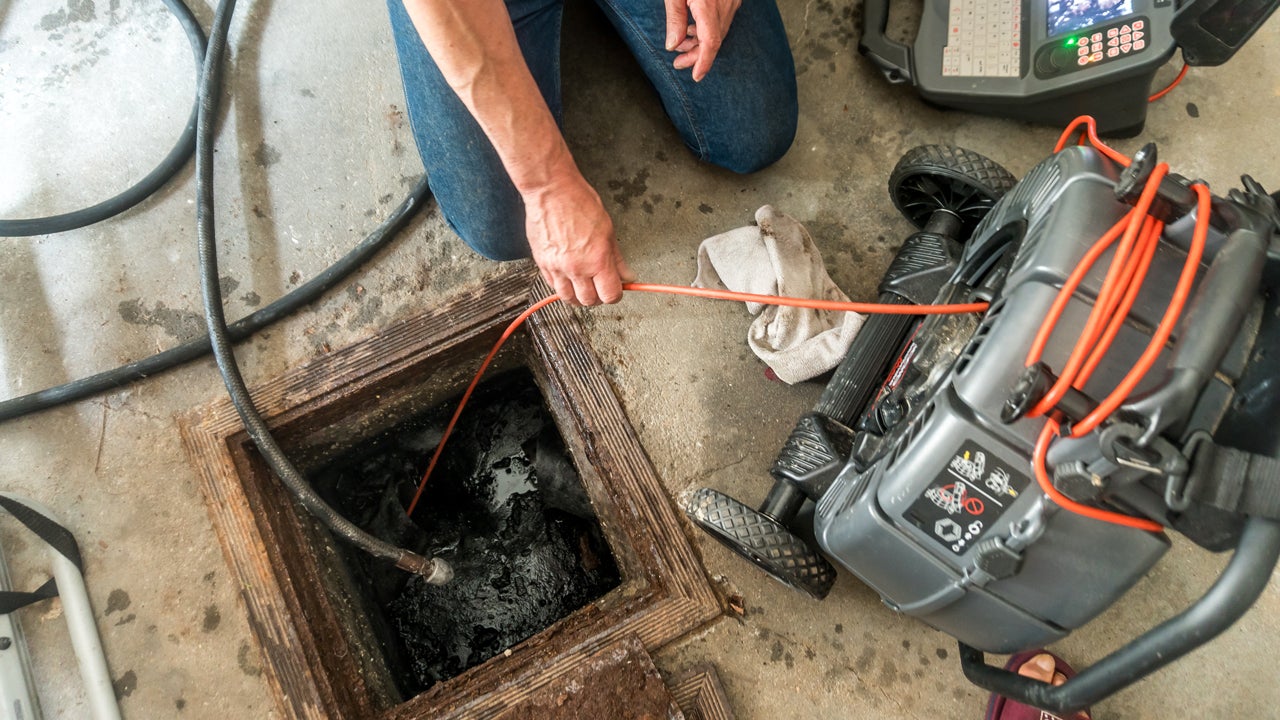
Does homeowners insurance cover sewer lines?
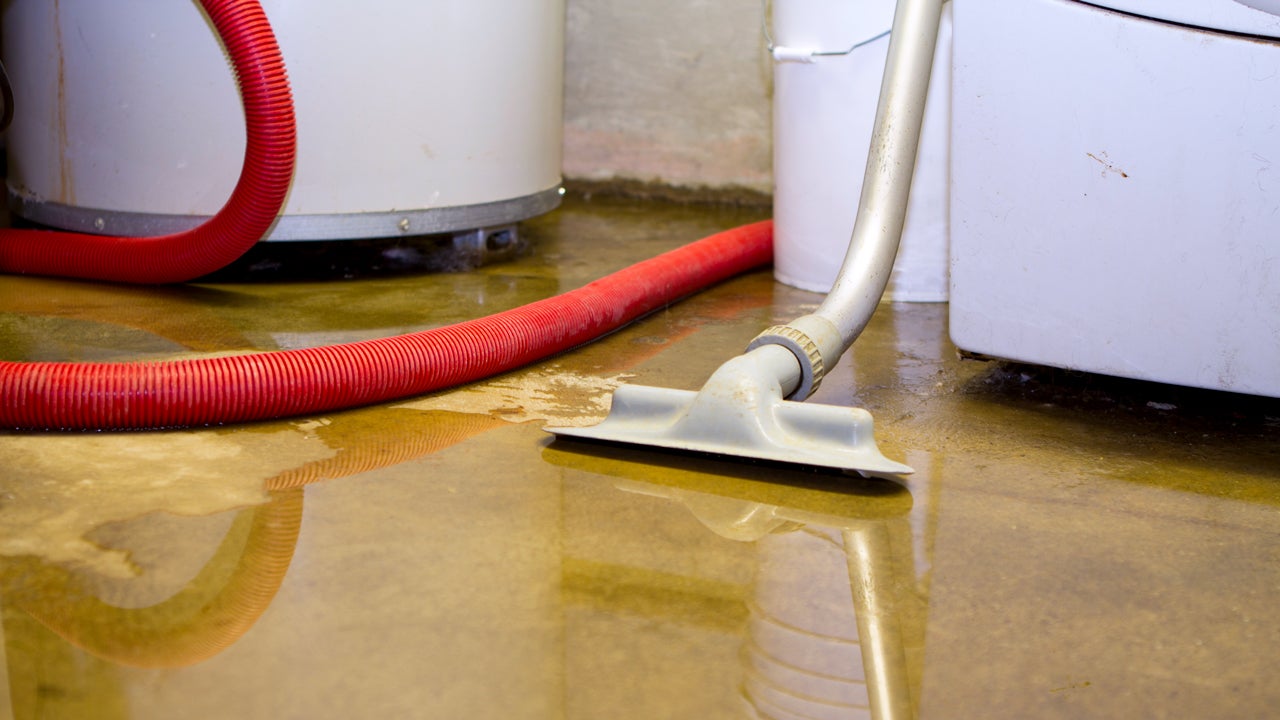
Does homeowners insurance cover water damage?
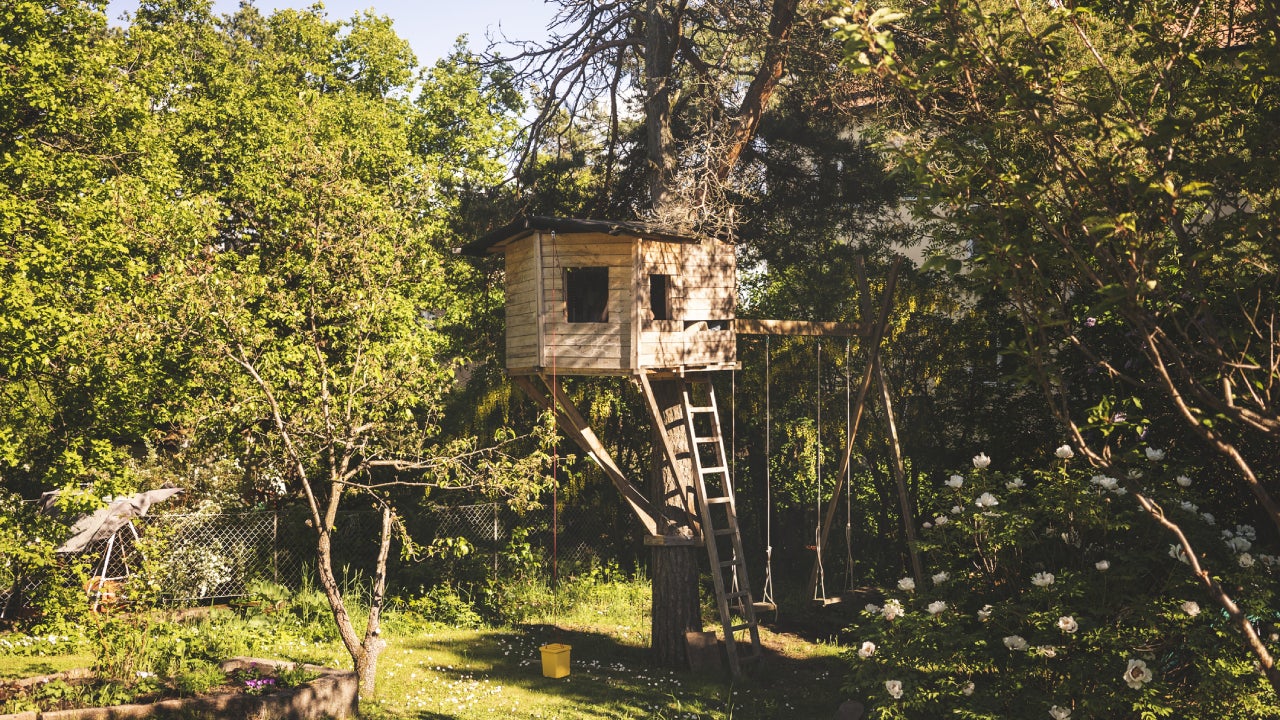
Does homeowners insurance cover treehouses?
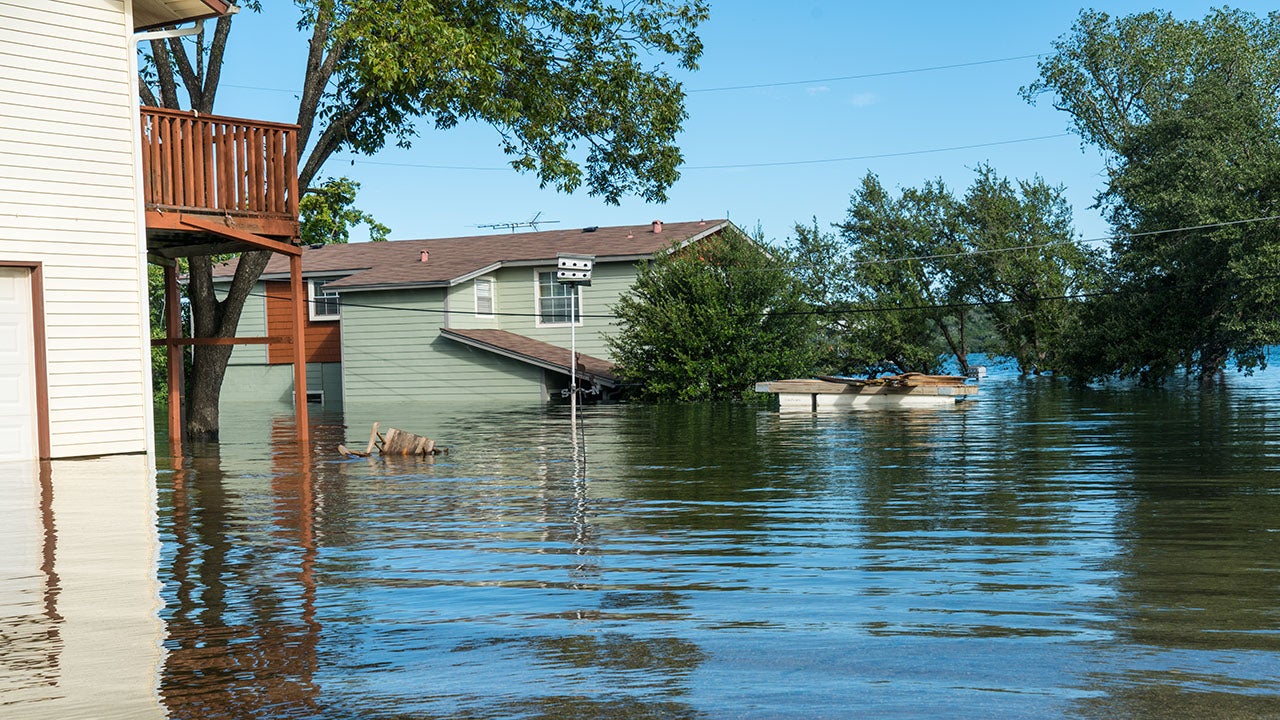
Does homeowners insurance cover flooding?
